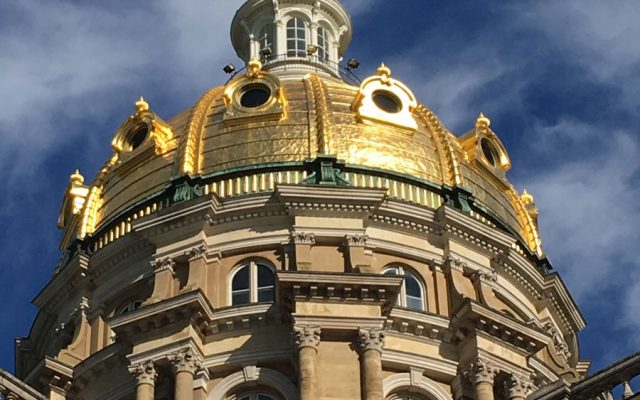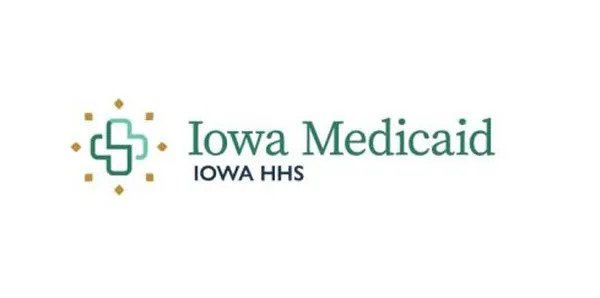Property tax reform a 2023 priority for Iowa GOP lawmakers

DES MOINES — Key Republican lawmakers are making it clear property tax reform will be a priority for the 2023 Iowa legislature, which starts next Monday.
Senate Republican Leader Jack Whitver suggests it may take a while to come up with a plan, though. “All options are on the table with property taxes,” Whitver says. “It’s a really complicated issue and so we’re really taking a holistic look at it to see what is the best long-term strategy as far as property tax goes.”
Whitver and other legislators say it’s among the least popular forms of taxation. “You can look back at bumper stickers from the 1950s and ’60s and see people that were concerned about property taxes and those concerns still exist today and, with how complicated our system is, it’s not something that gets fixed in one year or one session or even one decade, ” Whitver says, “but we have to try to make progress.”
In 1934, the Iowa Legislature enacted a statewide sales tax and a state income tax as a property tax relief measures. House Speaker Pat Grassley says the property tax is among the hardest taxes to cut. He cites the recent move to have the state rather than counties pay for more than $100 million worth of mental health services — but property taxes didn’t get cut by the same amount. “So I think what you’re going to see in what we’re working on is a combination of making sure we can provide relief through the state mechanisms we have, putting dollars into it, but also making sure that at the local level the taxpayer is seeing that,” Grassley says.
More than 40 percent of the property taxes collected in Iowa go to public schools. State funding for schools is based on a per student formula and House Democratic Leader Jennifer Konfrst notes state law lets schools with declining enrollment raise local property taxes to keep their budgets stable from year to year. “The continual defunding of education across the state has led to an increase of property taxes, so we want to make sure that we’re being fair to the property owners while making sure that all Iowans’ priorities are met,” Konfrst says.
In 2013, Governor Branstad approved a plan primarily designed to reduce commercial property taxes. Senate Democratic Leader Zach Wahls says Democrats favor property tax relief targeted to individuals, not corporations. “I think that we’re ready and willing to work with Republicans to provide relief,” Wahls says. “What we don’t want is another huge tax giveaway to the ultra-rich and big corporations that leaves communities and middle class families shortchanged.”
In 1992, Branstad signed a law that limited annual city and county property tax growth to the rate of inflation through 1995. Iowans for Tax Relief has called for a two-year freeze on property taxes, to give legislators time to come up with comprehensive changes to the system.




